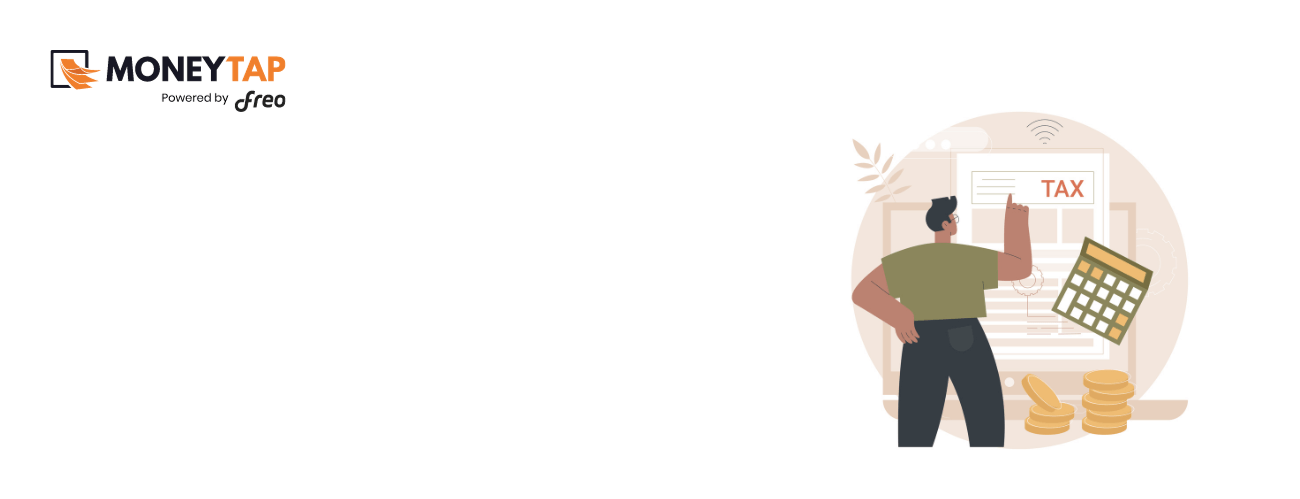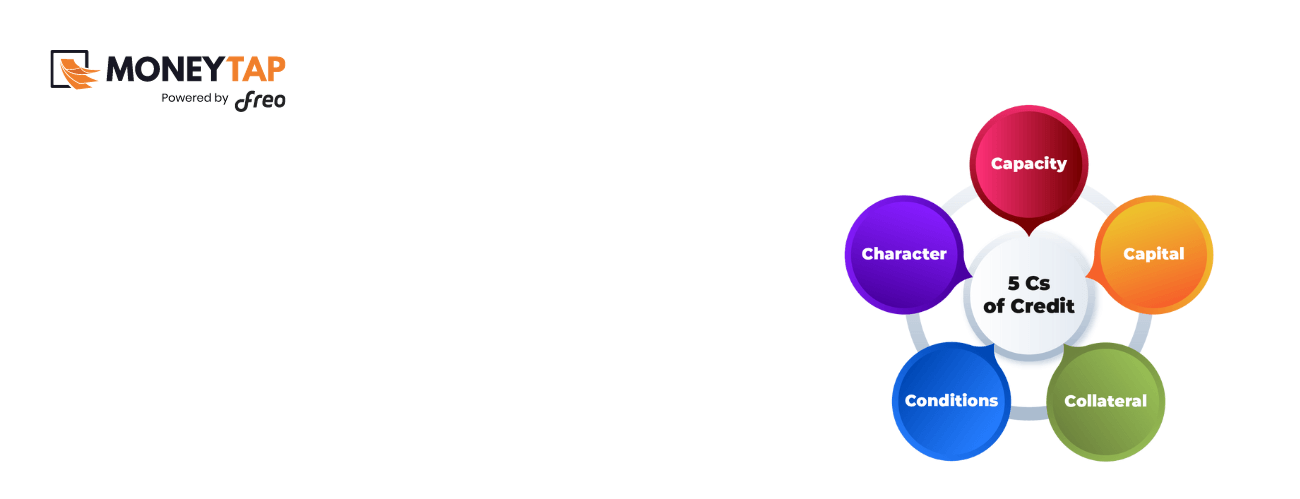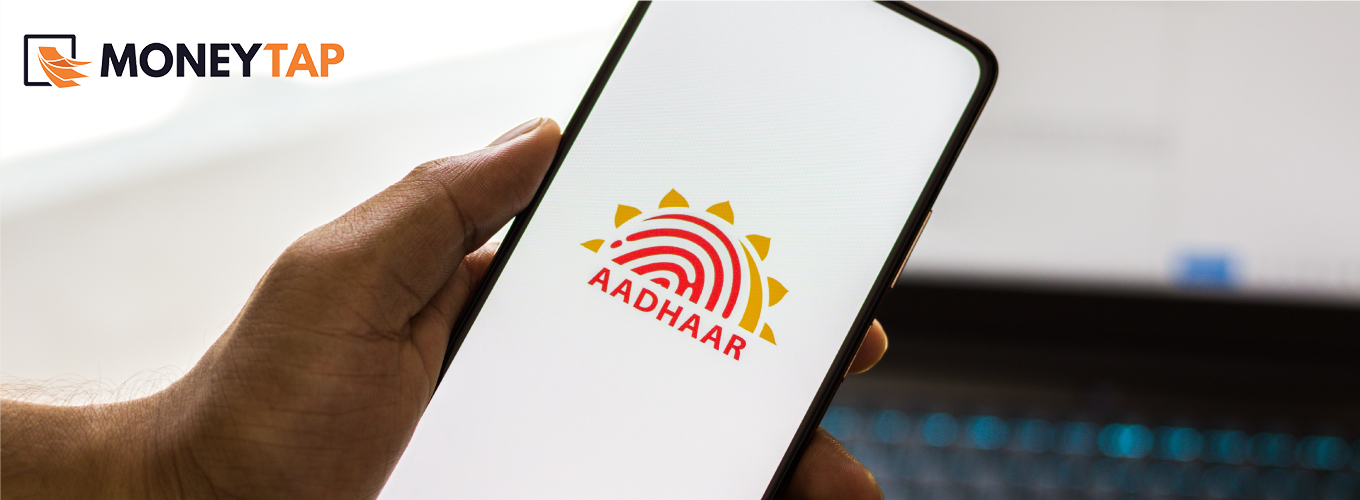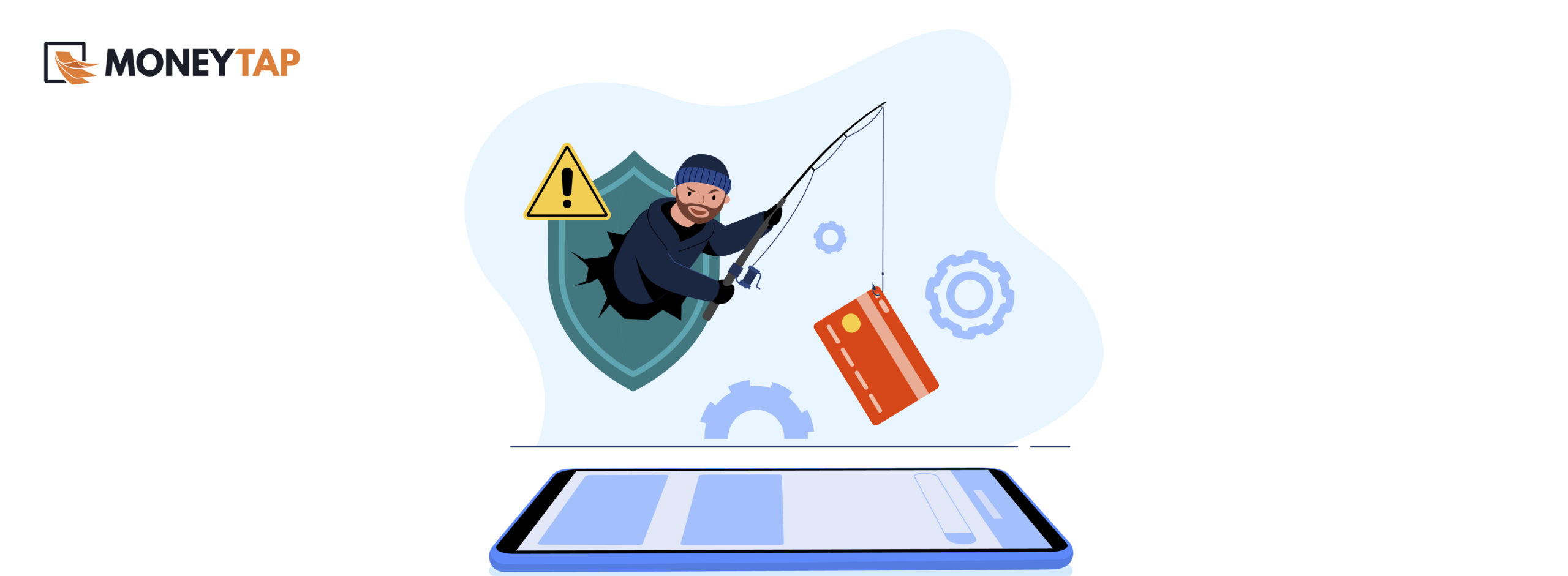Topic
- Around India with MoneyTap 1
- Consumer Durable 1
- Credit Cards 32
- Credit Score 27
- Finance 33
- General 52
- Know MoneyTap Better 26
- MoneyTap 50
- MoneyTap in Daily Life 38
- Personal Loan 86
- Shopping on EMI 4
- Wedding Loan 1
What is collateral?
It is an asset or property that a borrower offers to a lender as a backup in exchange of a loan. The lender can seize and sell the asset if the borrower defaults on the loan.
What is Collateral Loan?
A collateral loan is also known as a secured loan. In this type of loan, the borrower has to pledge an asset to get the loan. The amount of the loan approved depends on the value of the collateral. In collateral loans, the lenders are at relatively no risk as they can liquidate the asset to recover their loan amount if the borrower defaults.
Since these are unsecured loans, borrowers can get approved for a higher loan amount at a lower interest rate.
How Collateral Loan Works?
The lenders sanction the loan only when they are convinced that the borrower has the financial capacity to repay the loan. To ensure that they are risk-proof, they ask for some form of security. This security is known as collateral, and it;
- minimizes the risk for lenders
- ensures that the borrower keeps up with their financial obligation
- ensures that a lender receives full or partial compensation for any outstanding balance if the borrower defaults on the loan.
Examples of Common Assets Used as Collateral
- Commercial and residential property
- Private vehicles
- Machinery and equipment
- Insurance policies
- Investments such as FDs, mutual funds, bonds, shares, ESOPs
- Valuables and collectibles
Examples of Collateral Loans
Here are a few common examples of collateral loans:
- Home Loan
- Auto Loans
- Small Business Loans
- Personal Loans
- Loan Against Property
- Loan Against Securities
In this type of secured loan, the home purchased acts as collateral for a home loan. If you default, you risk losing your house.
In this type of collateral loan, the vehicle you buy is the collateral. In case of a default, most lenders prefer to work with the borrower to ease their repayment terms rather than seizing the car because cars are depreciating assets.
In small business loans, future payments by customers, real estate, and inventory are used as collateral. Borrowers can also put up their personal assets as collateral to get a small business loan.
Unsecured personal loans are generally used to consolidate the existing debt, cover personal expenses, or build credit. Secured personal loans have a lower rate of interest than their unsecured counterparts.
An existing home acts as collateral for this type of collateral loan. The loan is usually taken for home improvement projects but can be used for any purpose.
In this type of loan, financial assets like shares, bonds, etc., are pledged as collateral. The borrower can take short term loans of up to the value of the assets.











 Get it on playstore
Get it on playstore Get it on appstore
Get it on appstore